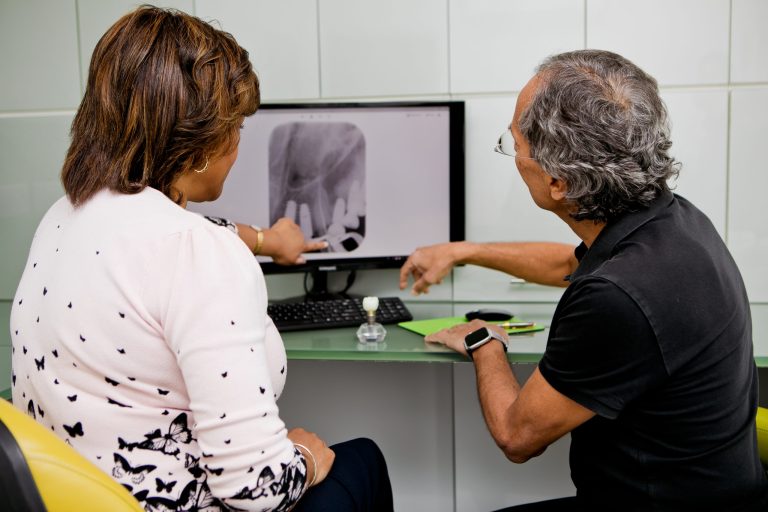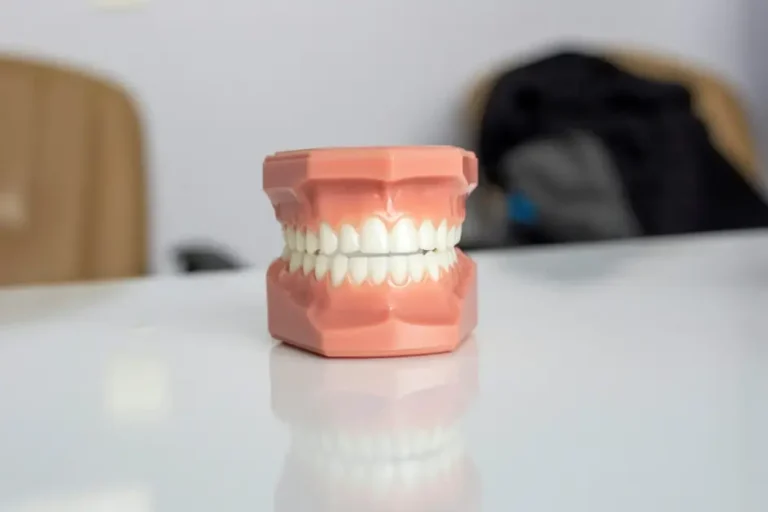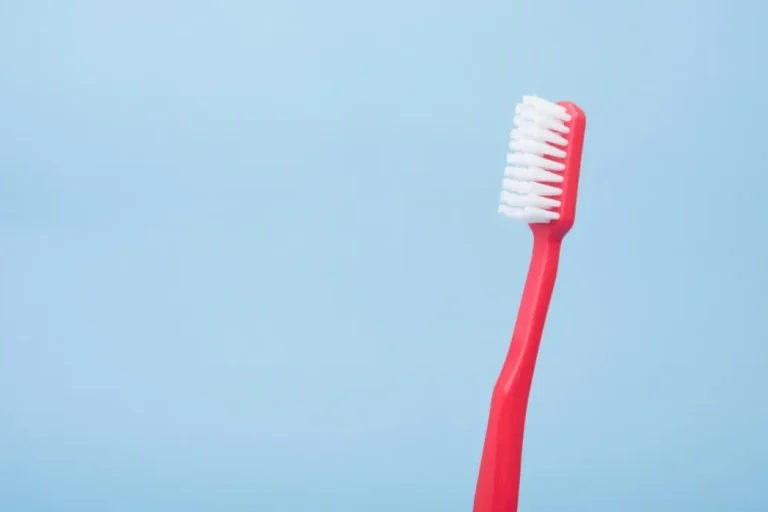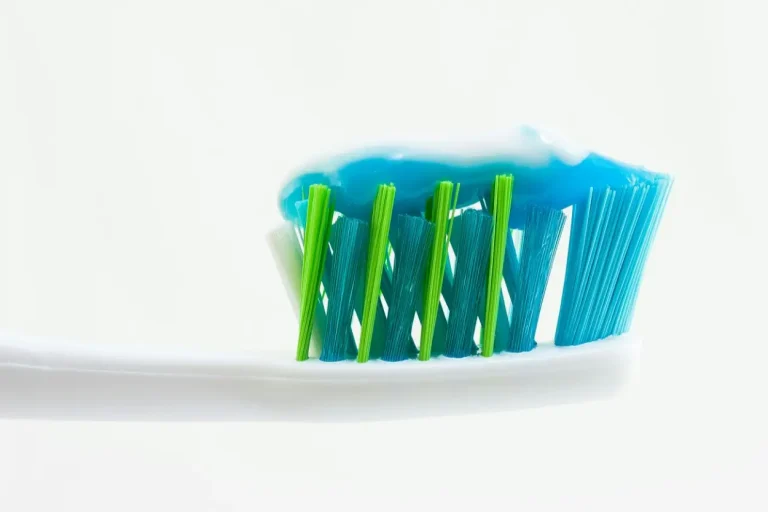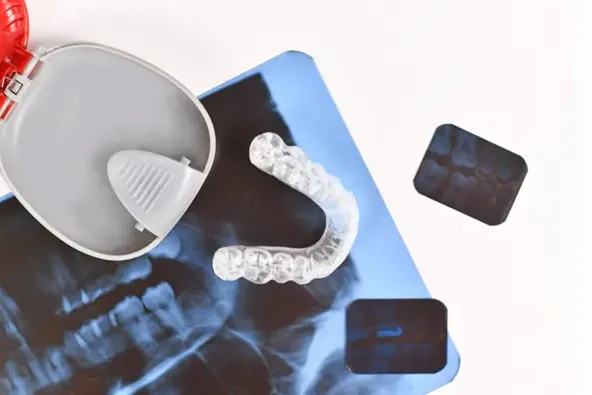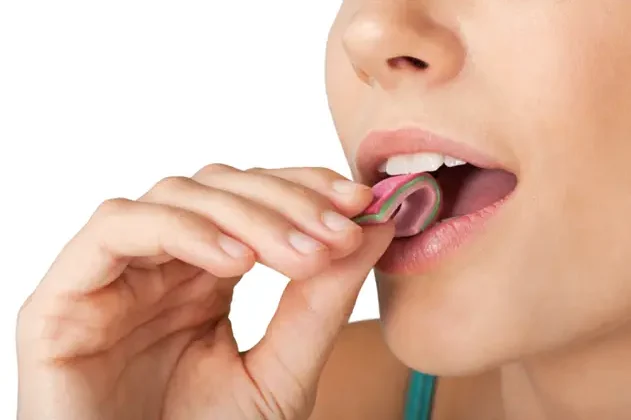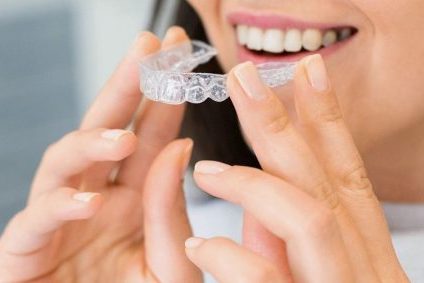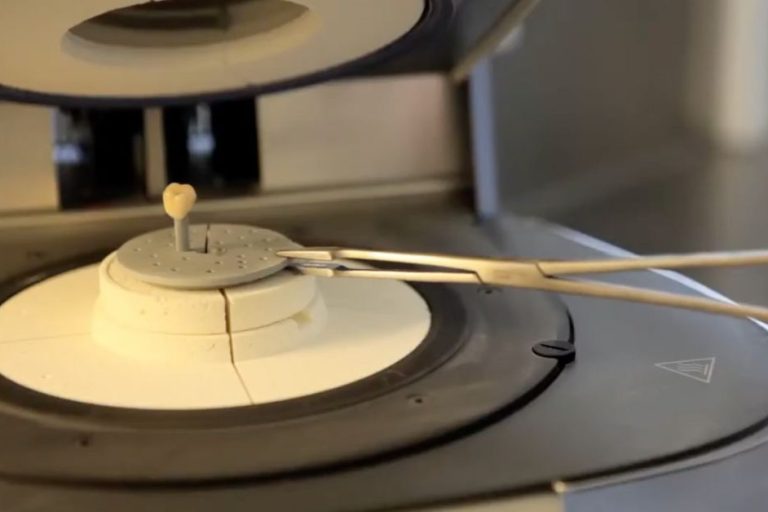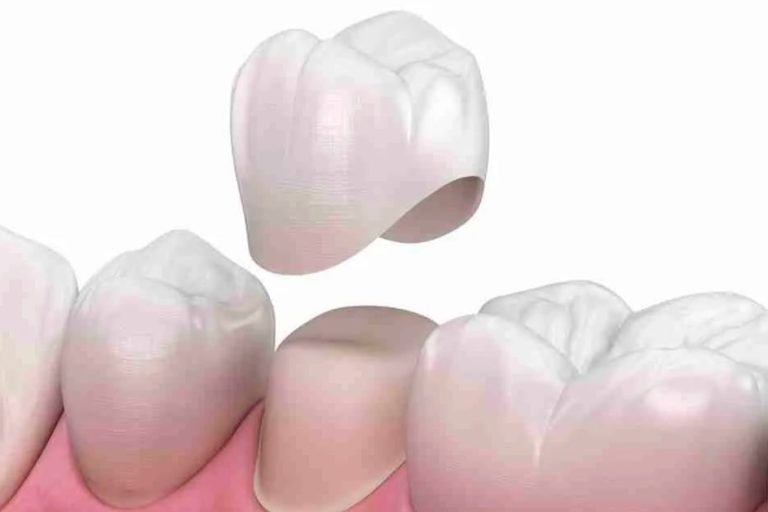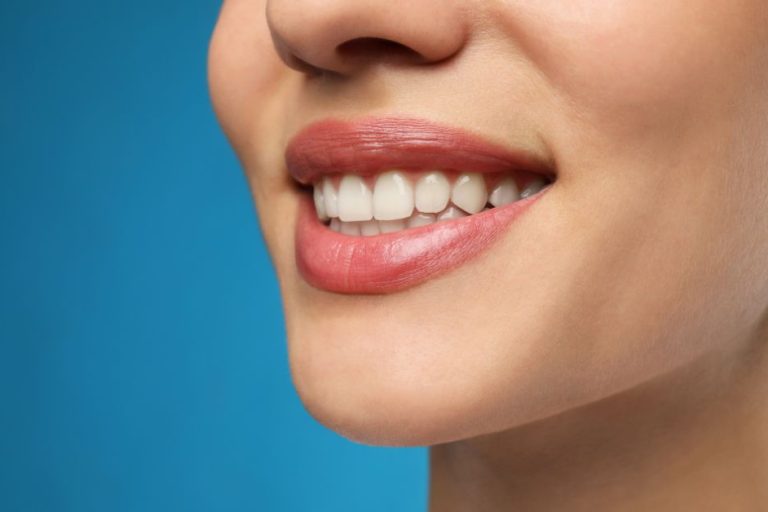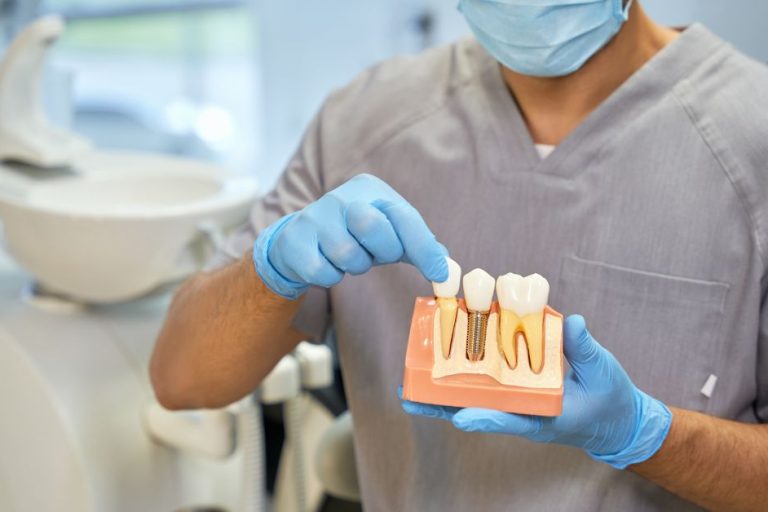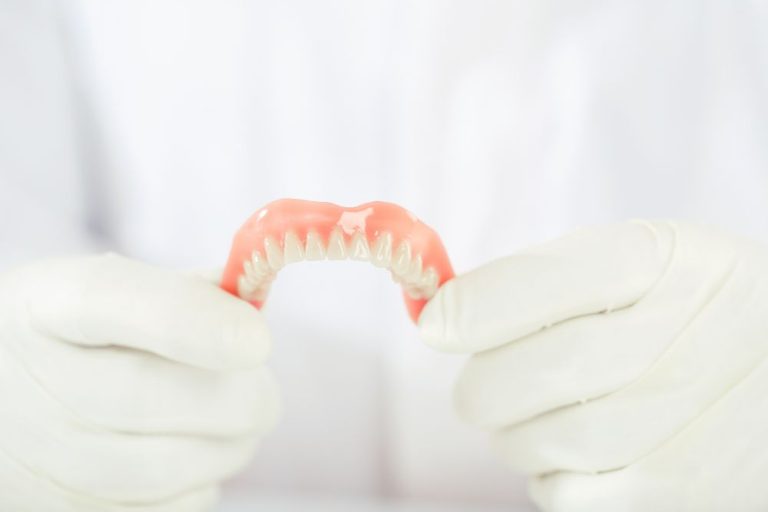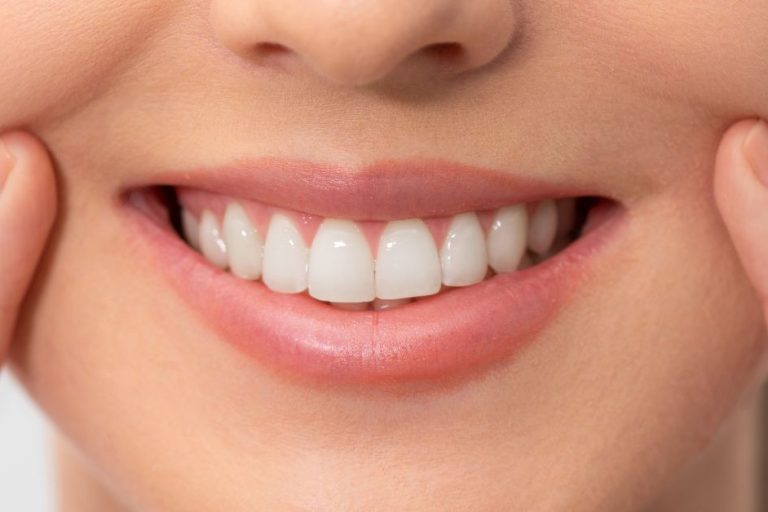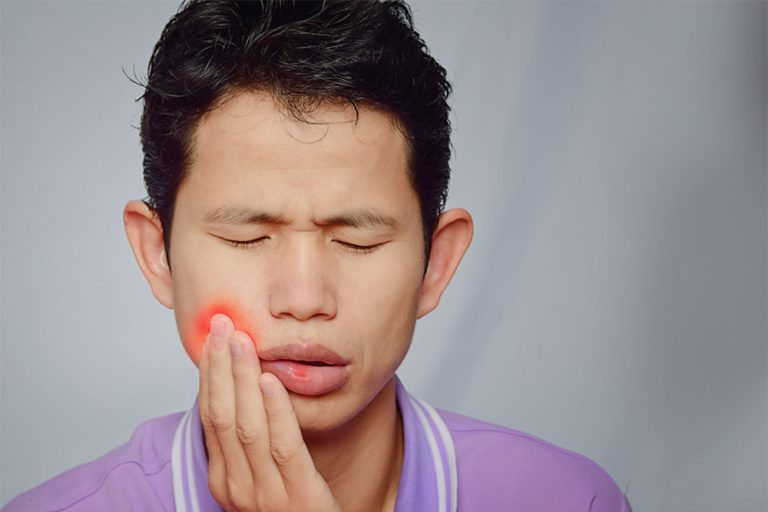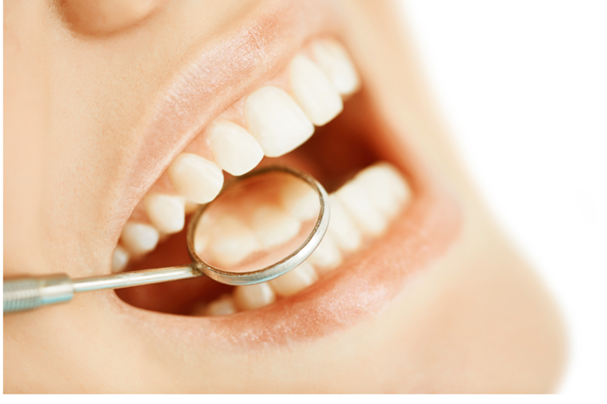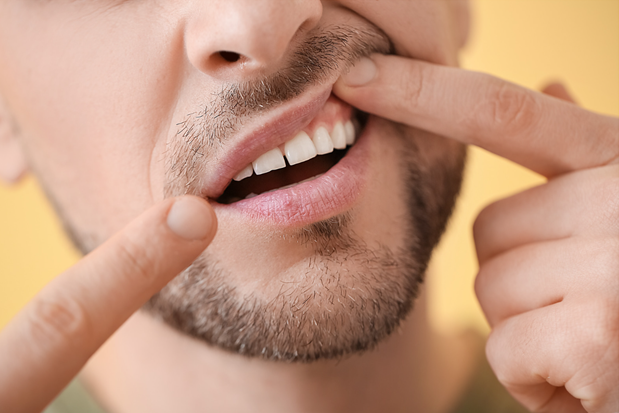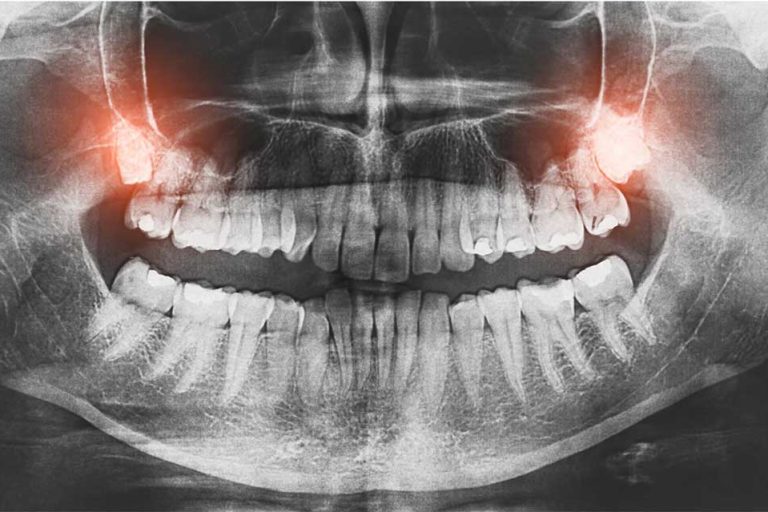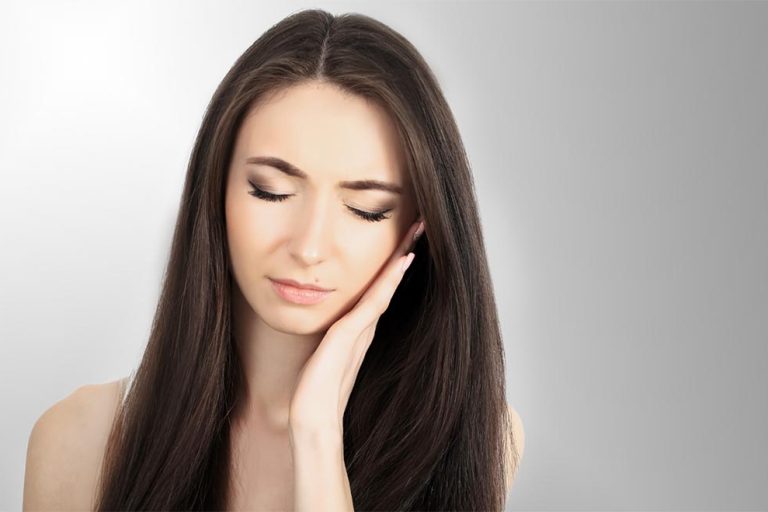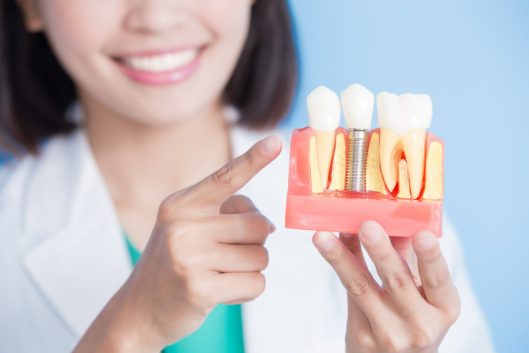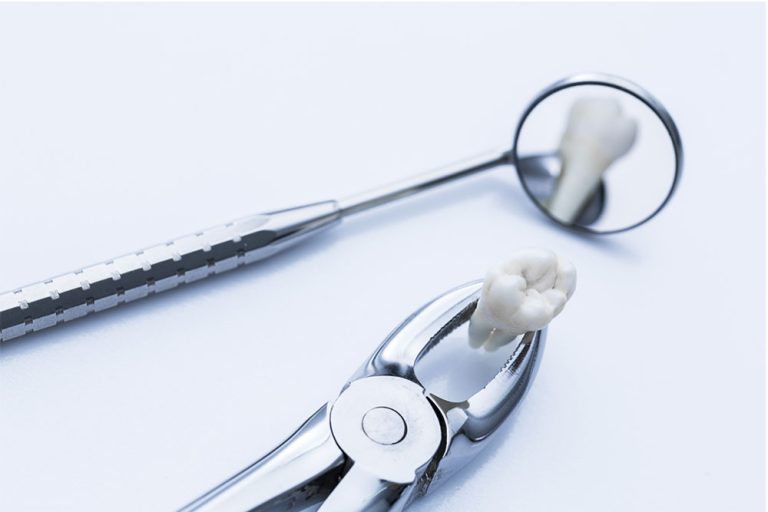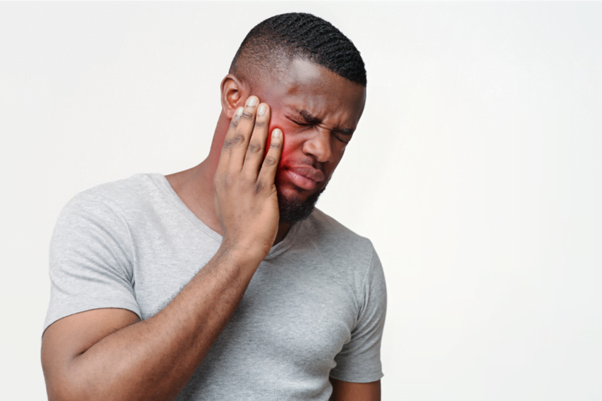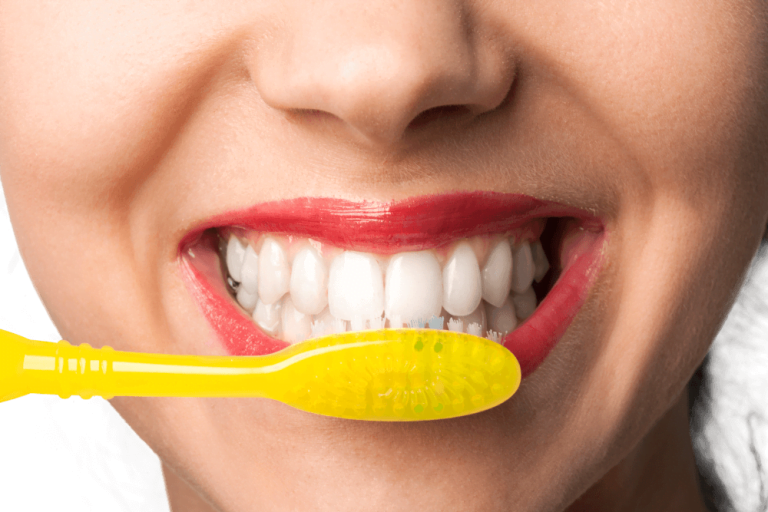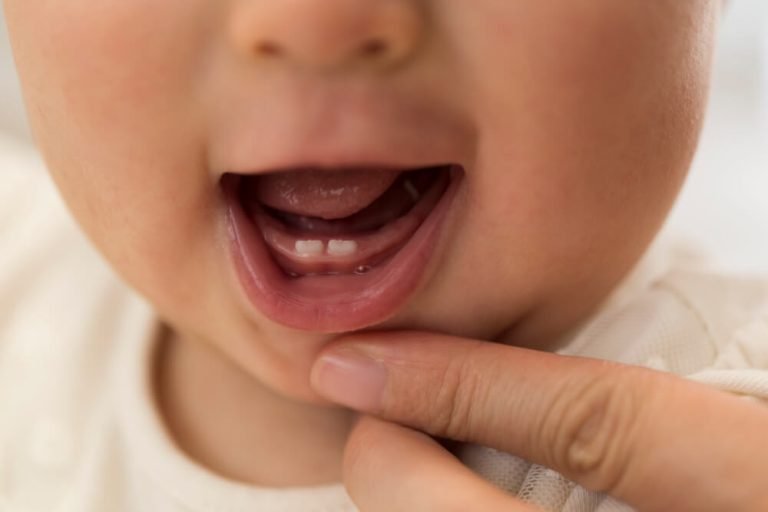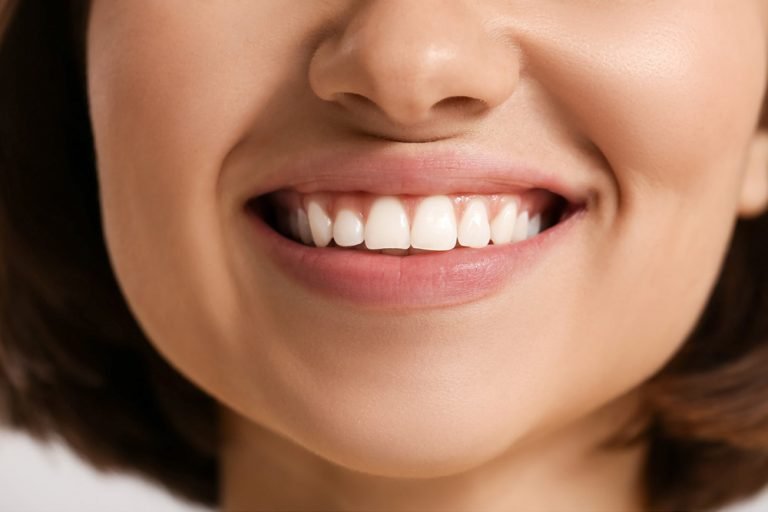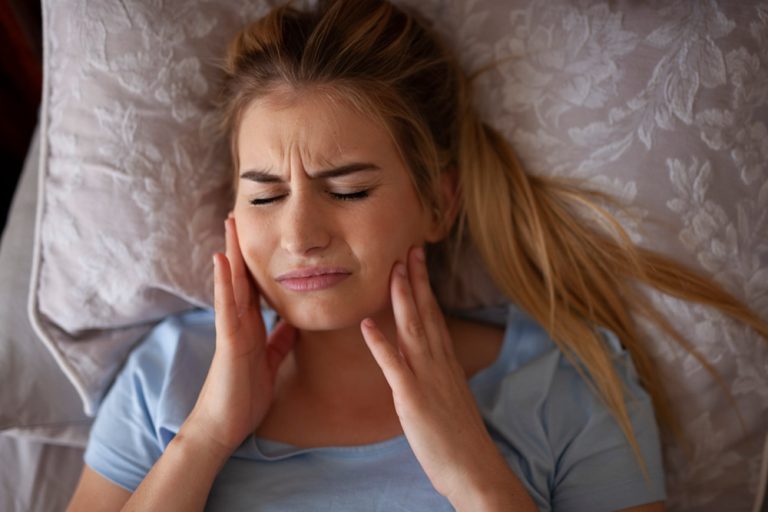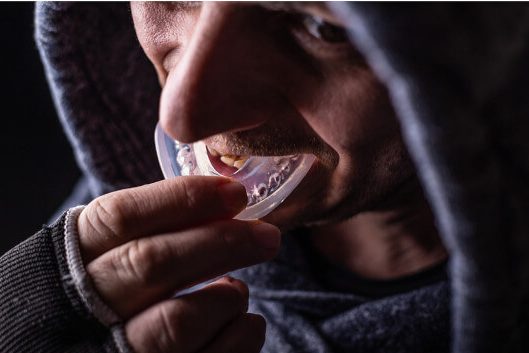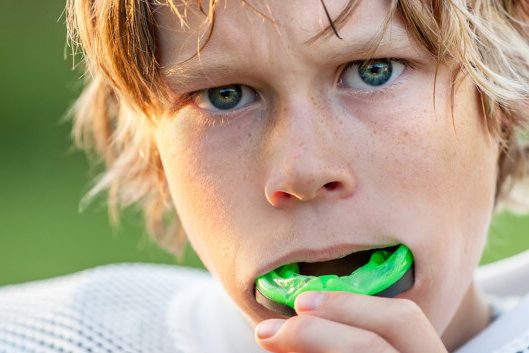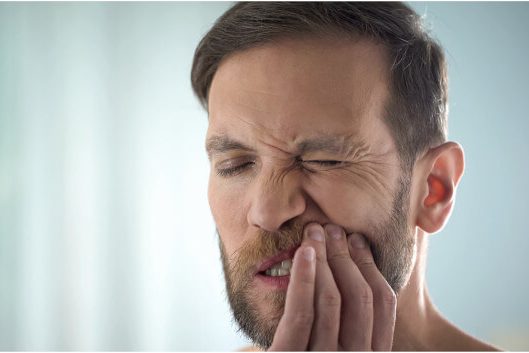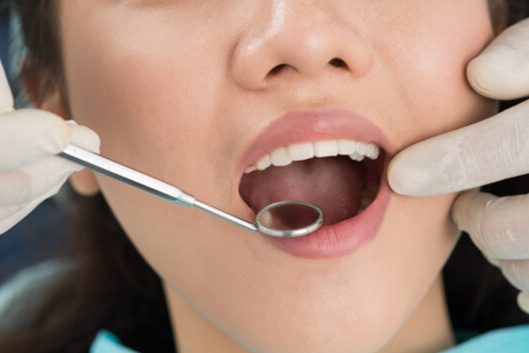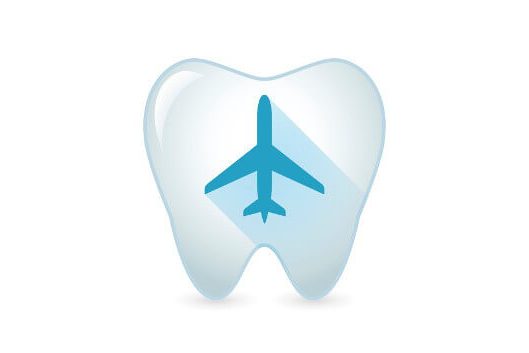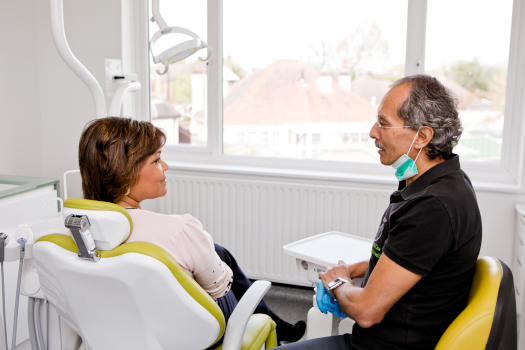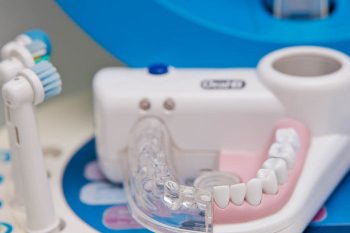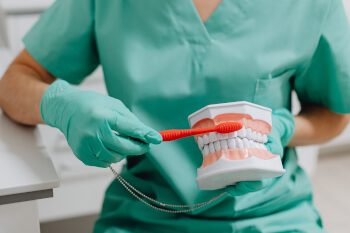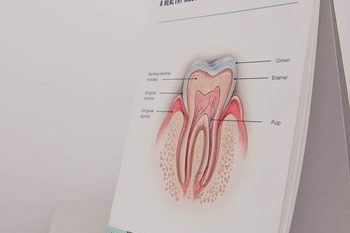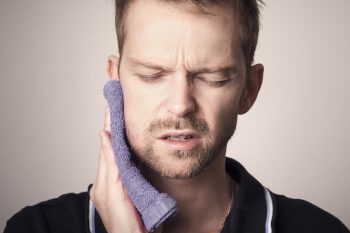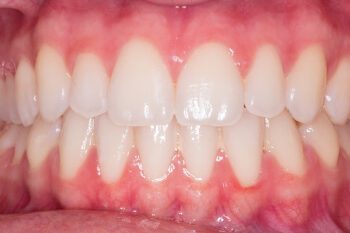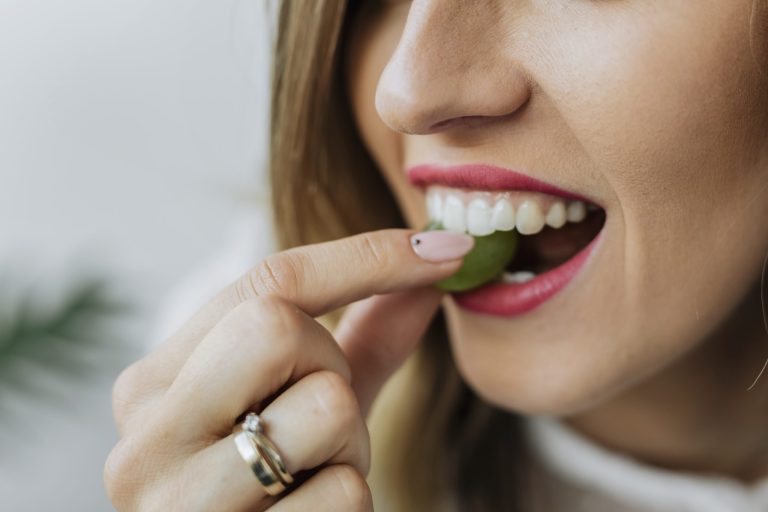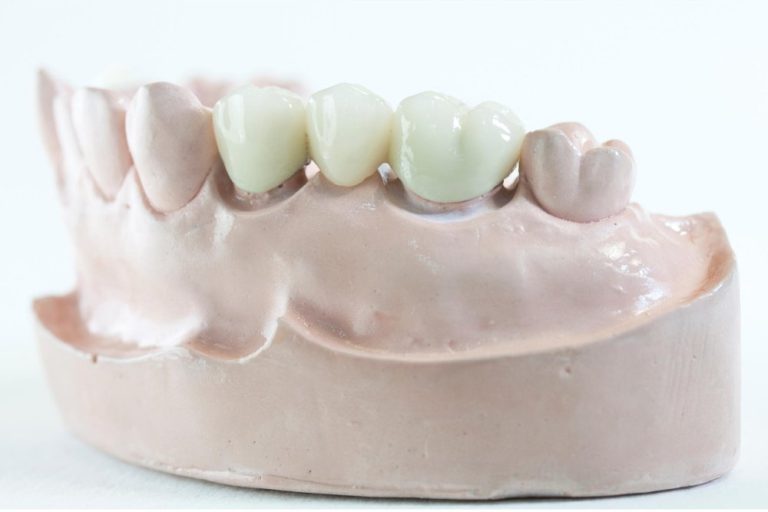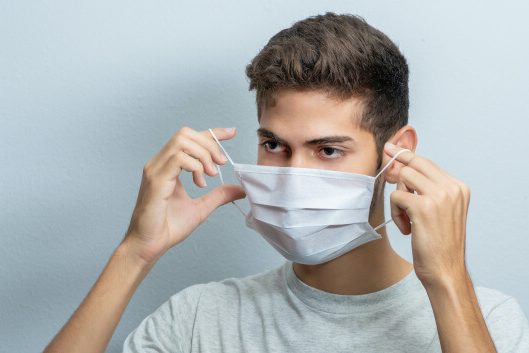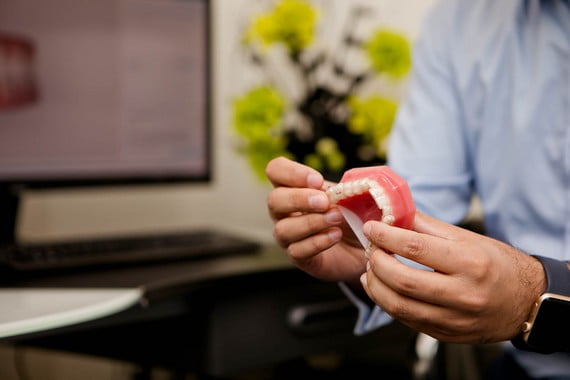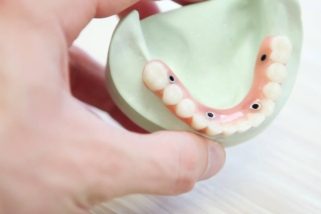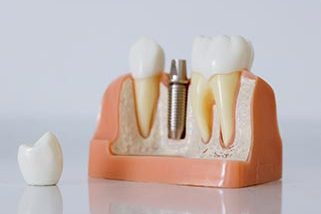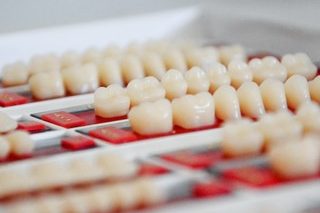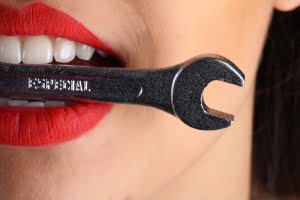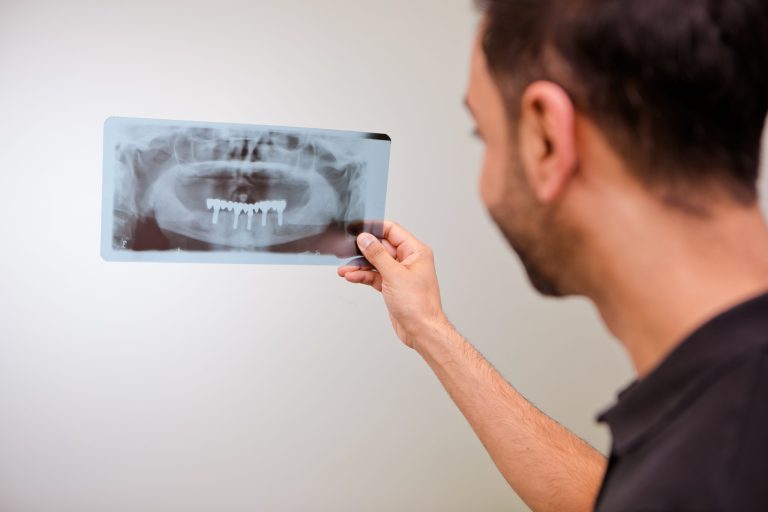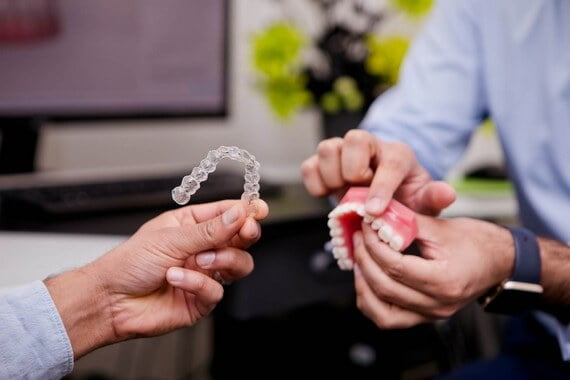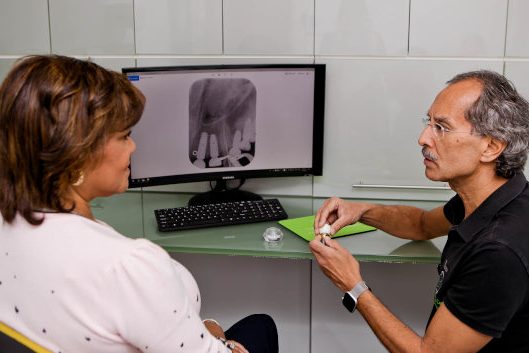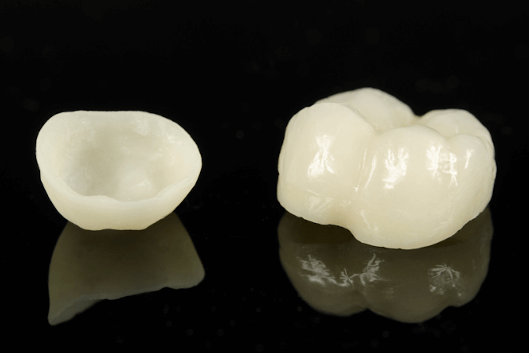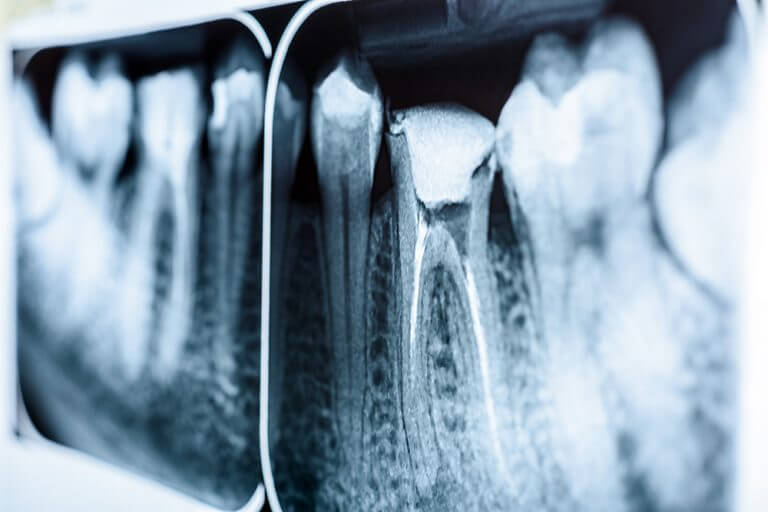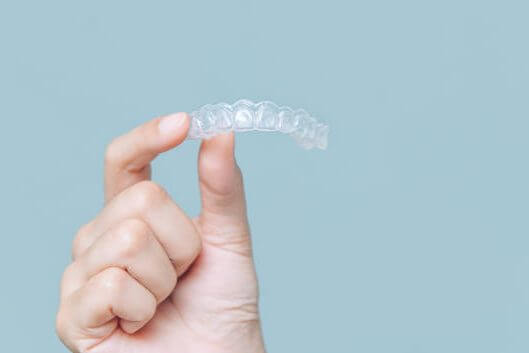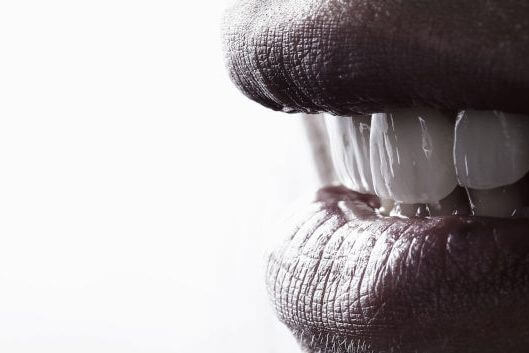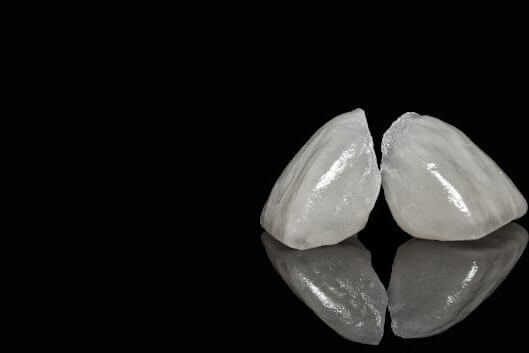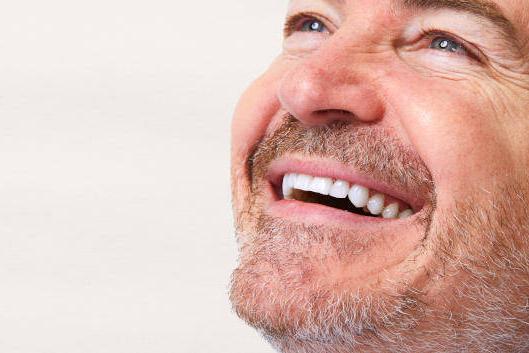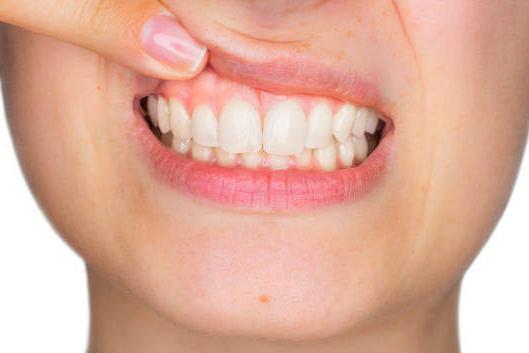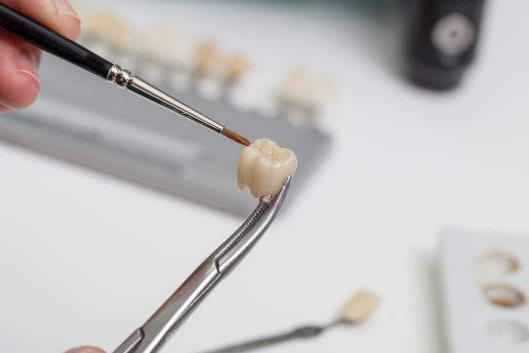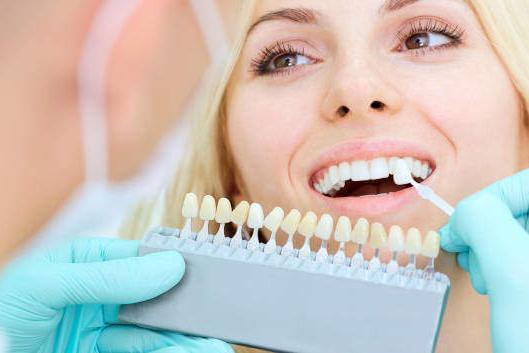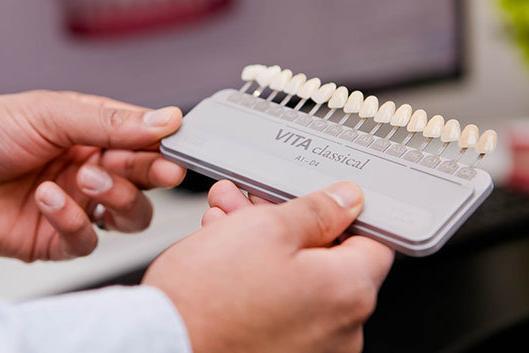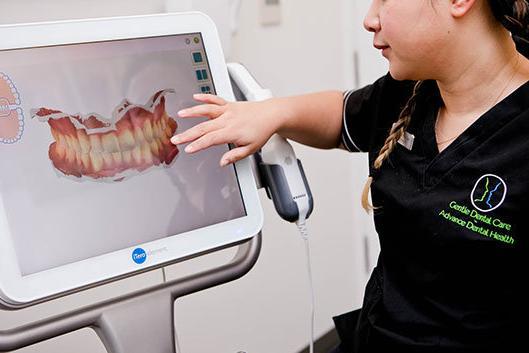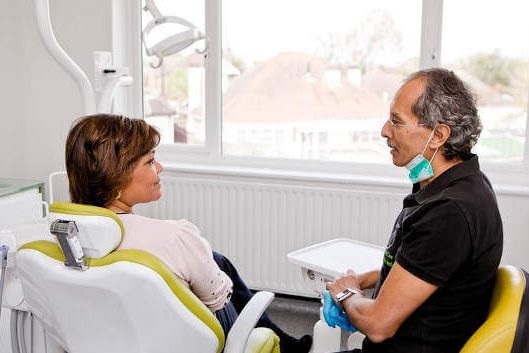How mouthguards help with teeth grinding

Bruxism, also known as teeth grinding, affects millions of people every year. Wearing a mouthguard can help treat bruxism and protect your teeth.
Within this blog we will be covering all the key points to know about mouthguards for teeth grinding. This includes why you should get a mouthguard, how mouthguards work, as well as the signs of bruxism.
Why should I geta mouthguard?
While some clenching/grinding of your teeth is normal, if you do grind frequently, it could indicate bruxism. This condition can mean significant force is placed on teeth, leading to tooth damage, fractures, and potential tooth loss. A mouthguard can help avoid these issues, as well as dealing with the resultant health issues such as sleeping disorders or poor general health. While the option may not be a permanent fix, it can significantly help you and reduce any potential discomfort. In terms of permanently dealing with your teeth grinding you will likely need to deal with underlying issues such as tooth misalignment or health conditions (e.g. stress).
If you go without a mouthguard then it can leave your teeth in a state beyond repair, and you could be forced to have dentures. Subsequently, it is essential to visit you dentist as quickly as possible if you suspect that you have bruxism, as protecting your teeth is of the utmost importance. While waiting for a fitted mouthguard to be made you can still take some steps to avoid teeth grinding damage. For example, you can purchase an over-the-counter mouthguard from a medical shop or adopt stress relief techniques.
How do mouthguards work?
A mouthguard works by covering the teeth and thus protecting them from potential damage that can occur when upper and lower teeth make excessive contact. They can help spread the impact of clenching/grinding over a larger surface and avoid any major wear in specific areas of teeth. This will help avoid issues in areas such as the enamel at the front of teeth, which cannot grow back once worn away. You will know that your mouthguard is working if you are beginning to feel less pain and pressure in your jaw. It may, however, take some time for your jaw muscles to adjust to them. Progress should be seen in a few weeks. Although if you are not noticing progress then it is best to contact your dentist who will be able to explore more treatment options.
Signs of bruxism
Some key signs of bruxism to look out for have been detailed below, and if you believe that you are suffering from these issues then you should strongly consider a mouthguard:
- Dry mouth: If you are grinding your teeth at night then it can mean you wake up with a dry mouth and your saliva production has been unnecessarily used up. This is problematic as saliva is essential for rinsing and cleaning the mouth from bacteria/debris.
- Teeth wearing away: Your teeth may begin to wear away and potentially become chipped in places as you are grinding them together for excessive periods of time.
- Frequent headaches: If you happen to be getting frequent headaches then it could be due to your teeth grinding together at night and tension in your jaw muscles causing pressure in your head.
- Soreness in face: If you feel any soreness or tightness in your facial muscles then it could be due to teeth grinding.
- Discomfort in jaw: It is possible that bruxism can lead to significant pain in the jaw as a large amount of force is placed on the jaws when the teeth grind together for prolonged periods of time.
If you are looking for a dental solution, the team at Gentle Dental Care are here to help.
Call 020 3925 3846 or fill in our form to enquire about your consultation.
